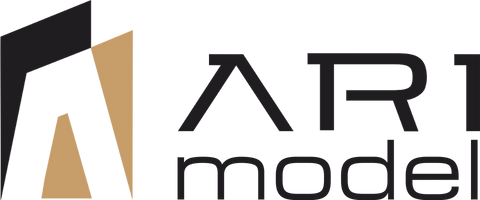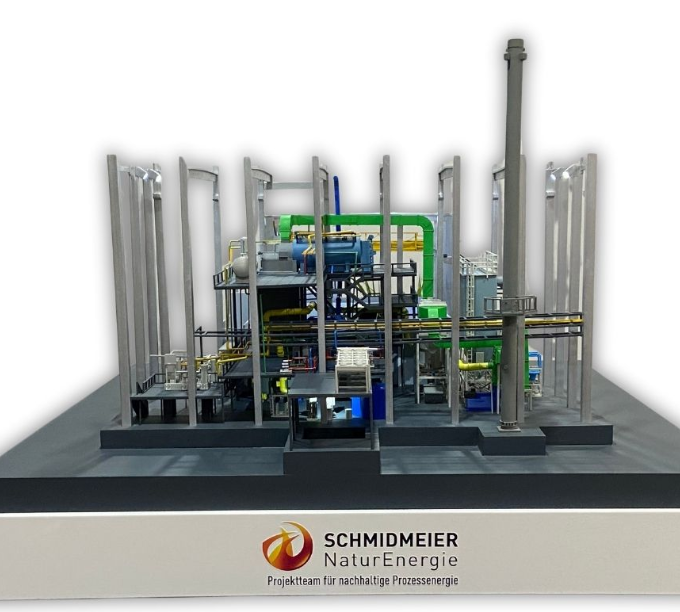Competition Models in Architectural Competitions
Why Competition Models Matter in Architecture
Architectural competitions are a crucial stage where innovation and design excellence are evaluated. However, an exceptional concept alone is not enough to secure a win—it must be presented effectively to the competition jury, investors, and key decision-makers. Competition models play a fundamental role in this process, offering a tangible, three-dimensional representation that enhances understanding and engagement. Unlike digital renderings or 2D blueprints, physical models allow judges and stakeholders to grasp scale, materiality, and spatial relationships more intuitively.
With over two decades of expertise, ARI Model has helped architects and design teams transform ideas into detailed, competition-winning models. Whether for urban planning, conceptual architecture, or large-scale building proposals, our high-precision competition models elevate presentation quality and increase the likelihood of success in competitive settings.
Discover how ARI Model can enhance your competition entry
How Competition Models Strengthen Architectural Proposals
A well-crafted competition model is more than a miniature replica—it’s a persuasive communication tool that conveys design intent, structural integrity, and contextual integration with unmatched clarity.
Unlike static presentations, physical models engage stakeholders on a deeper level, allowing them to interact with the design, analyze different perspectives, and appreciate the finer details of the proposal.
At ARI Model, our expertly designed competition models help architects emphasize:
-
Spatial organization and layout, demonstrating how different elements interact.
-
Material representation, showcasing textures, transparency, and lighting effects.
-
Contextual integration, depicting how the design fits into its surroundings.
-
Structural and façade detailing, highlighting key architectural elements.
Each ARI Model competition model is carefully crafted to reflect the architect’s vision, combining state-of-the-art fabrication technologies with exceptional craftsmanship.
The Process of Creating a High-Quality Competition Model
Every competition model undergoes a meticulous design and production process to ensure maximum accuracy and presentation impact. At ARI Model, this process is structured into key stages to guarantee outstanding results.
Understanding Project Requirements
Each architectural competition has unique submission requirements, including scale, material selection, and detailing levels. ARI Model’s team collaborates closely with architects to ensure that the competition model aligns perfectly with the design vision and competition guidelines.
3D Digital Prototyping and Model Preparation
Before fabrication begins, we create high-precision 3D prototypes using CAD software to map out every aspect of the model. This digital phase allows architects and designers to fine-tune the design before committing to physical production.
Material Selection for Maximum Realism
The right material selection ensures the competition model accurately represents the intended design. At ARI Model, we carefully choose from:
-
Acrylic and polycarbonate for glass and transparent elements.
-
High-density foam board for structural representation and volume.
-
Wood and metal accents for premium finishes.
-
3D-printed components for fine detailing and custom elements.
Precision Fabrication and Model Construction
Using a combination of laser cutting, CNC machining, and 3D printing, ARI Model guarantees that every detail is captured with exceptional accuracy. These advanced manufacturing techniques enable:
-
Crisp, clean edges and precise geometric structures.
-
Highly detailed façades and material textures.
-
Seamless integration of structural components.
Final Assembly and Hand Finishing
A competition model is not just about precision—it must also be visually compelling. Our expert craftsmen at ARI Model apply fine finishing techniques, including:
-
Hand painting and texturing for realistic material representation.
-
Lighting integration (LED elements) for dynamic presentations.
-
Fine detailing to enhance architectural realism.





